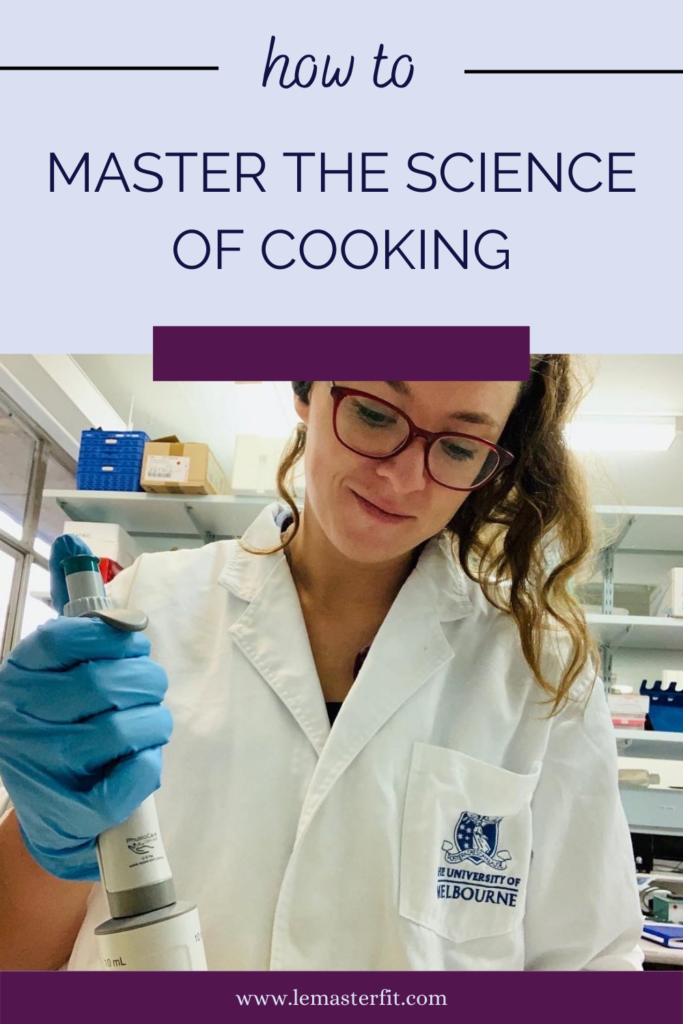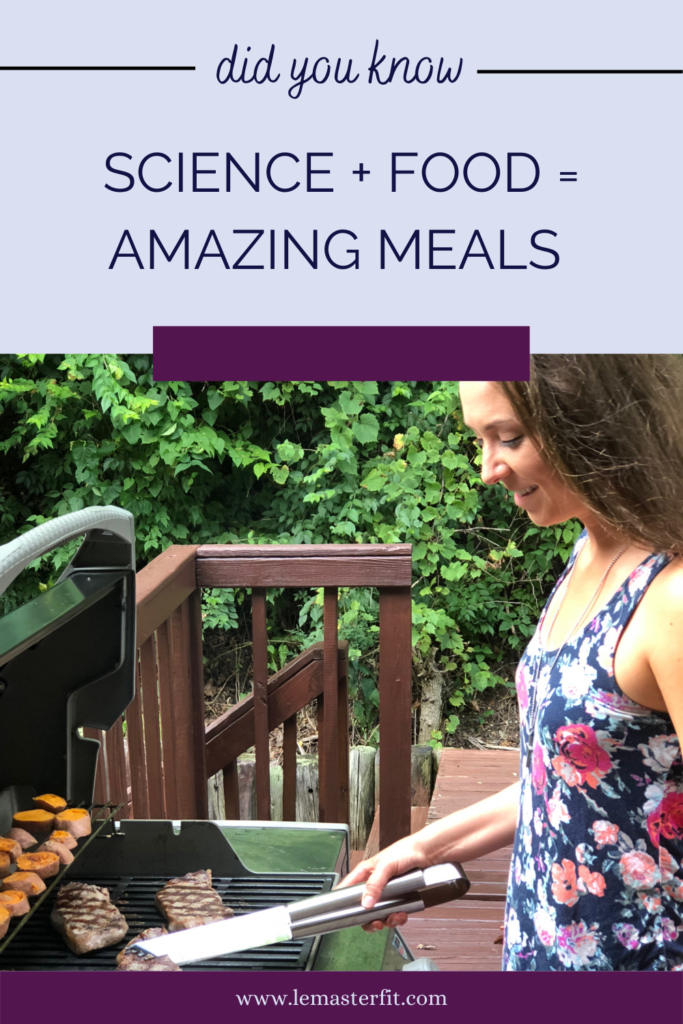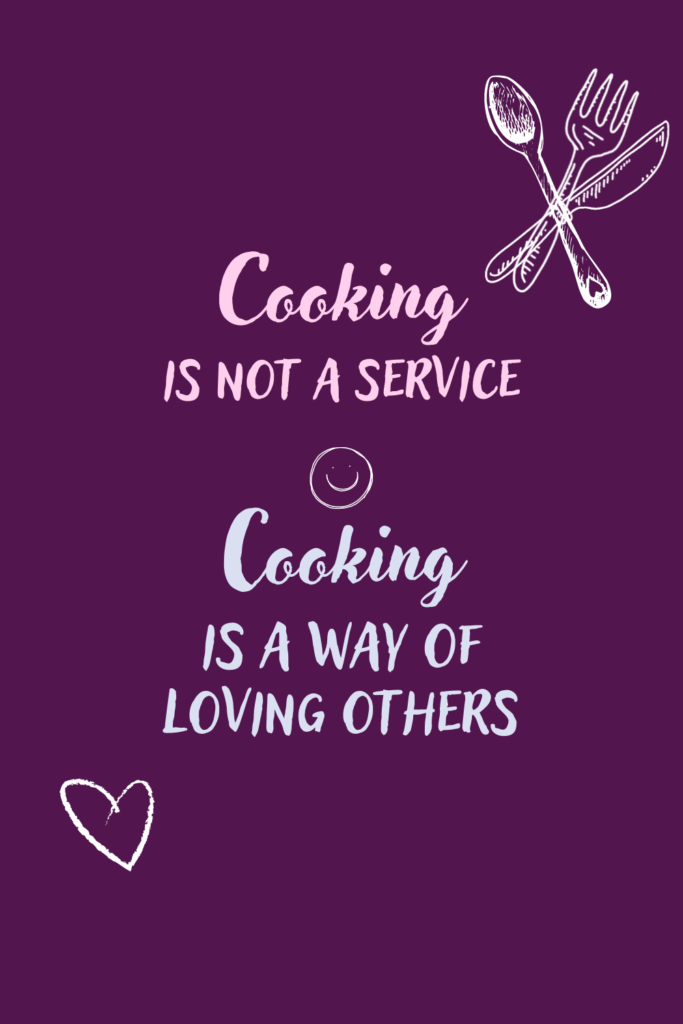I Love Science, Do You?
The Science of Cooking is so important! I know what you’re thinking: “Wait a minute Michelle, I don’t want to know about biochemistry or disulphide bonds, crystallization phase changes in fat…”
Don’t worry, that’s my job! Unless, of course, you DO want to learn about these things. But in all seriousness, I want you to learn as many things as you can. Every time you learn something, its like another arrow in your quiver, preparing you for whatever challenge you may face!
Even in the kitchen!
I know that, to feel confident about something, you first need a firm foundation. So, let’s lay the foundation of food, science, and how the two are intrinsically related! Don’t worry, there are no tests, grades, or presentations involved, except for me, of course!
The first thing I want to tell you is:
Food is science.
Cooking is art.
Baking is chemistry.

This is a photo of me in my science lab. I am working towards my PhD as we speak!
Why does it matter?
Time and time again, people ask me what they need to do to make their food better? Why are the burgers always dry and round after I cook them? Why do boiled veggies taste so bland? What’s the deal with eggs? What is going on when I cook? Why do certain recipes tell me to use one method of cooking and another recipe uses a different method?
To understand any of these questions, we have to be familiar with the nutrition on a cellular and molecular level! After all, the cells in the body ultimately benefit when you eat food!
How can Science Help You in the Kitchen?
I am not about to go into a biochemistry lesson with you. That would not be helpful. I want to open the possibility of a scientific field you may not be familiar with as a career. You’re already VERY familiar with it. You encounter the world of food science every time you eat; every time you taste and smell foods, every time you go through a grocery store and see those bags of chips, conveniently at eye level and convince yourself that’s “just what I need”. When you open a bag of chips and realise you can’t just eat one, there is a reason for this. Its called the Dorito (or The Potato Chip) effect’.
People get paid big bucks to decide where to strategically place food products on the shelves of supermarkets. These placements convince you it was actually your idea to buy a certain product!
All of this relates to food science because all of it IS food science. Manufacturing products, optimizing quality, all the way to product marketing and placement on the grocery shelves – is all science!
Food Microbiology, engineering and processing, Food Chemistry and Biochemistry, Nutrition, Consumer Sensory Analysis, all fall under the umbrella of Food Science. And it is a world worth exploring -which is why I went out to pursue my PhD!. Combined, these fields study biology (food comes from plants and animals), chemistry and biochemistry, physics, engineering, nutrition, and how all of those subjects interact with YOUR taste buds to bring you aromas, flavours, and appearances of all the foods you love! The textbooks I had to buy when I was getting my degrees were expensive but, I use them so much they have a place on the shelf underneath my grandma’s Bible!
For me, all of this science is great and exciting when I’m working in the lab and going over my results. More exciting for me is the science I get to do in the heart of my home every time I cook a meal: the kitchen! The kitchen is where the magic happens! The kitchen is my happy place because its like a big science lab turned into a delicious art studio with the snap of my fingers!

The science behind cooking all stems from the very simple question
Why do we cook?
You likely wouldn’t just cut into a raw steak and start eating as if everything is completely normal. This would disturb your family and your stomach would start protesting in short order if you did that (so just DON’T!)
The science of cooking is important for many reasons. The foremost reason is to ensure food safety. Even the caveman did it! With the discovery of fire, one of the first things that occurred was cooking, in a crude sense, but cooking nonetheless. Temperatures affect the science of cooking. Temperature is critical in all things cooking. For instance, not cooking food to high enough temperatures can be a health and safety hazard and can lead to bacterial growth. But cooking at too high of temperatures can lead to tough, dry, flavourless meals.
Cooking also enhances certain flavour compounds for both smell and taste (just think of bacon sizzling in the skillet!). Cooking food aids digestions and changes the availability of certain nutrients, and depending on the cooking method which can either increase the nutrients available for your body to break down and use, or result in those nutrients being poured down the drain!
All of this aside, what most people think about when preparing to cook is to host social occasions. Think birthdays, Thanksgiving, Christmas, Easter, any summer BBQ! What do these things have in common?
Food!
Community and Food!

Food brings people together to share in company and friendly conversations! When I cook, I know I have the privilege to nourish people and fill their bellies with good, wholesome, delicious food!
Some of my best memories growing up were the times when we had big feasts, any time of the year, because I knew in the days leading up to the mountains of food, I would get to help my mom and dad make all the food. But to me, the most important part was knowing I would get to see all my cousins, aunts, and uncles gathered together telling stories, just being with each other around a table of good, home cooked food.
So next time you question if you should prepare a home-cooked meal, don’t question, do it! You, and those around you, will be so grateful for the food and the memories that come from these moments will stick with you for life!